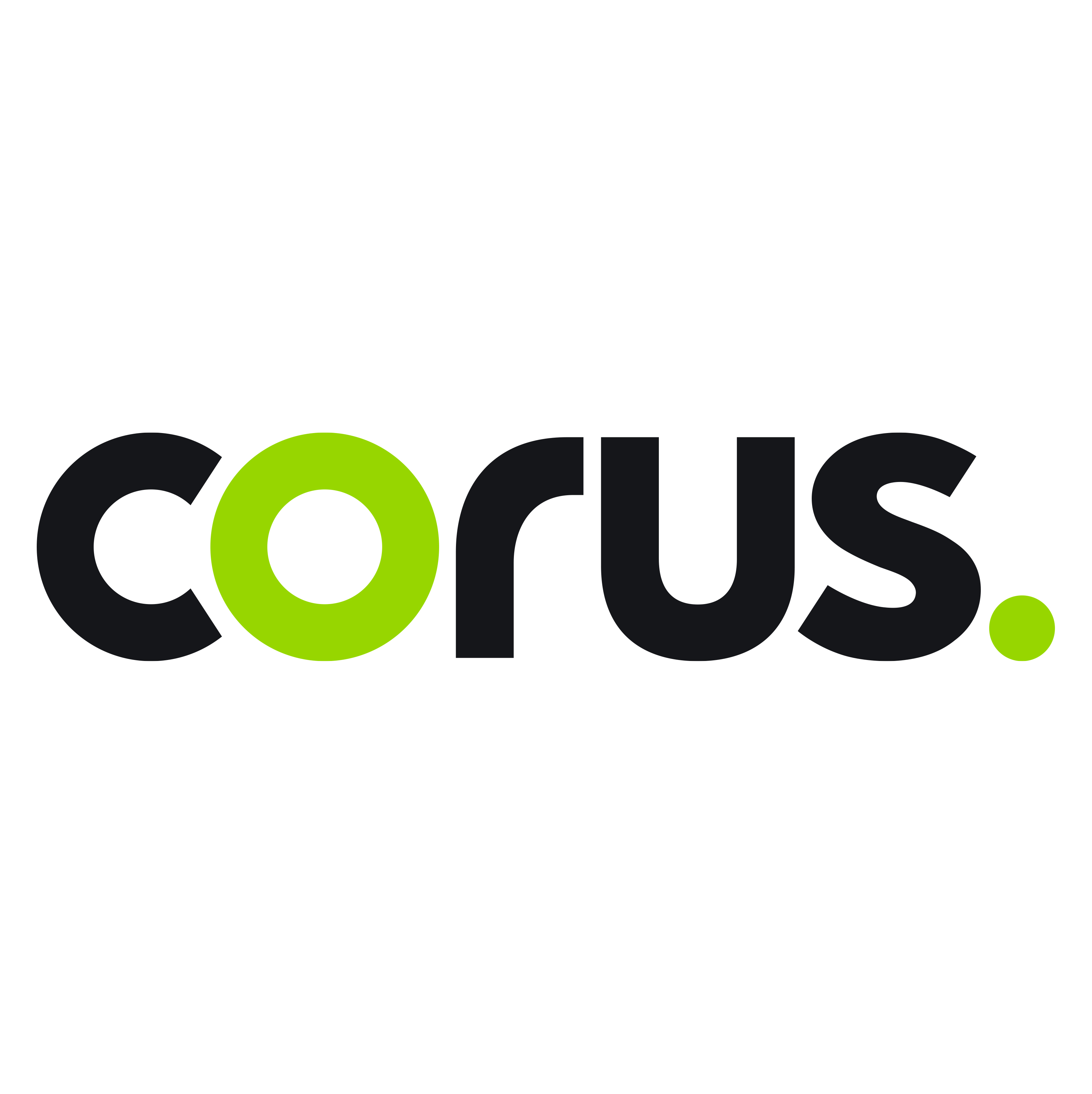HR leaders know that making smart decisions when speed and dynamic circumstances are at play can be difficult in the best of times.
So, when faced with a crisis like the coronavirus outbreak – which arrived with much speed as it did uncertainty – an organization’s ability to respond rapidly and effectively doesn’t go unnoticed.
That’s why HRPA CEO, Louise Taylor Green, CHRL, CHRE, met with leaders of Corus Entertainment, a Canadian multi-national media company known for delivering quality content for diverse audiences. They discussed how Corus was able to pivot so effectively in a time of breakneck change.
| • Early Pandemic Response (1:50) • Keeping Employees Safe (5:47) • Communication Approach (8:55) • Role of Site Leaders (11:02) • Building Trust in Ambiguity (13:37) |
• Balancing Privacy with the Right to Know (16:42) • Regional Variances (26:56) • Purpose and Pride (30:47) • Mental Health (36:27) • Silver Linings (44:53) |
It started by using a cross-functional “Core Team” that had been brought together to make key decisions, based a set of defined corporate values.
“People were trying so hard to sort out what this [the pandemic] meant,” says Cheryl Fullerton, EVP People & Communications, Corus Entertainment. “So, we created a framework which was very simple.”
At the heart of it, creating a culture of trust was an essential element of their program structure and communications philosophy, one that ensures everyone at Corus Entertainment is “winning together”.
In an industry built around media savvy communication skeptics, this meant that communications needed to be honest and transparent, so that employees could see that decisions were being made with their best interests in mind. “We knew we were going to make decisions with partial information,” Fullerton remarked, “so our approach was very much about sharing information.”
As Natalia Williams, Internal Communications Lead, Corus Entertainment, pointed out, “With so much information out there, people didn’t know who they could trust. We became their source of truth in a way.”
To demonstrate care and concern, their communications strategy and deployment activities sought to make connections with and amongst their people.
At Corus, the lived experiences of employees were woven into every internal communications asset. Fullerton even includes her ‘final thoughts’ in their internal newsletter. This section remains popular among employees who look forward to reading about personal stories and participating in fun polls — like whether you’re a fan of M&Ms or smarties.
HRPA’s Taylor Green applauded the approach and reinforced the sense of intimacy and connection that Corus has cultivated with a highly distributed workforce across the country. “It reinforces the humanity of your employees, to be involved, to participate, to share their skills,” notes Taylor Green.
With notable differences in Provincial government policies and pandemic responses, Corus applied non-negotiable organizational standards, but then emphasized the importance of local market flexibility which allowed for regional variation where necessary or appropriate.
“It’s about allowing our site leaders to use their autonomy to do what’s best for their site,” says Muneer Patel, Ease-Back, Project Manager. “It’s about making fact-based decisions and supporting our distribution workforces on an ongoing basis.”
While the current pandemic situation means much still remains uncertain, Corus Entertainment credits its choice of compassionate leadership in helping them address mental health concerns. To this day, they hold mindfulness webinars regularly for their staff, dedicate a section in their internal newsletter to well-being and check in with employees to talk about any resources or support they may need.
“It was important for our people to know that we were listening. It was important for them to know that whatever they were feeling, it was ok, and it was important for them to know that as a company we cared and that we were really ready to support them,” said Natalia Williams.
And it’s this connection with their team that allowed them to respond decisively when news of quarantining first hit. Before a government mandated order to self-isolate was declared, Ward Smith, SVP Global News, urged his team to start reimagining how they worked. “In a matter of days, the order was to send people home,” Ward recalls.

Corus employees adapt by working from home and by taking new safety precautions
It is a source of pride for Ward – and the rest of that organization – that while some other news organizations reduced programming, Corus found innovative ways to deliver on its organizational purpose to deliver information when the public needed it.
“The flood of emails still gives me chills,” says Ward Smith. “It was from employees saying ‘yes’ that’s the right decision to stick with our programming.” It encouraged them to increase their reporting and news related commitments, effectively meeting the needs of Canadians when it was needed most. “We created a brand-new platform of streaming news channels and there’ve been consumed like nobody could have imagined.”
If there’s one bright spot in the midst of a pandemic, we can all learn from Corus Entertainments’ capacity to lead with compassion. By listening and connecting with their people, they created a transformative experience for their employees and customers.
There are better days ahead, suggests Ward with a positive outlook. “We haven’t fully seen the depths of the pandemic but I don’t think we’ve fully seen the greatness of humanity either.”
Thank you to the following Corus Entertainment leaders for joining the HRPA CEO Corner: Cheryl Fullerton, EVP People & Communications; Ward Smith, SVP Global News; Natalia Williams, Internal Communications Lead; and Muneer Patel, Ease-Back Project Manager.
Keys to success:
|
